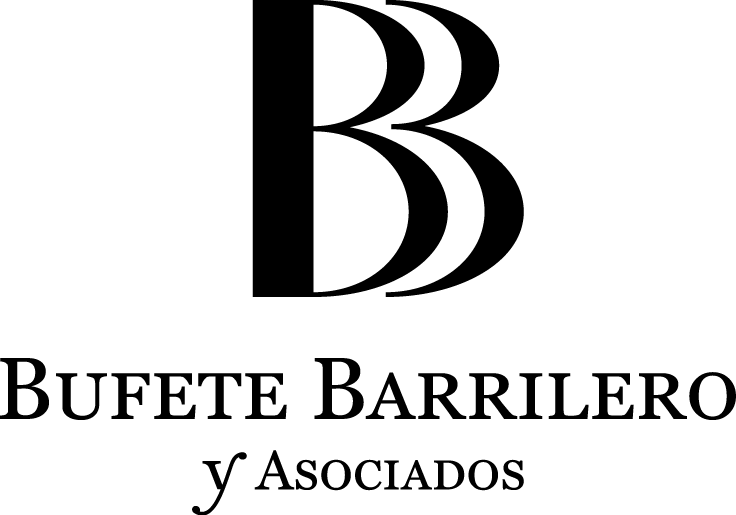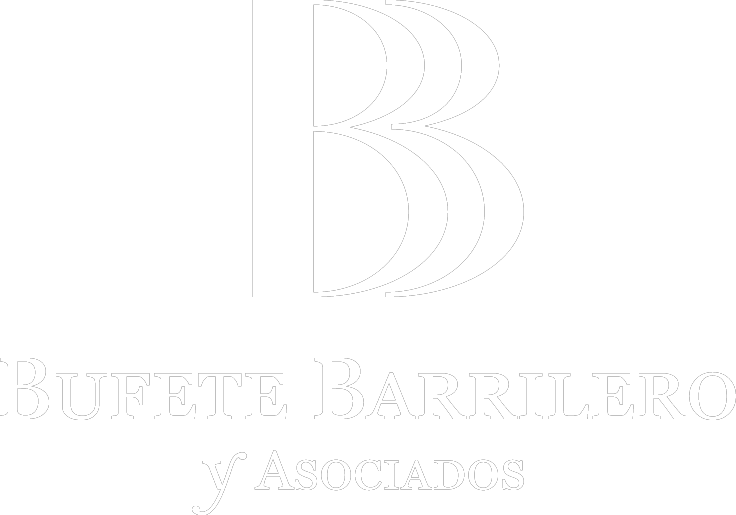CRIMINAL LAW DIVISION
As a general rule, criminal proceedings may be initiated in four ways: by police report, ex officio, by complaint (denuncia), or by private prosecution (querella).
A denuncia is a declaration or communication to the authorities reporting the possible commission of an act with the appearance of a criminal offence, subject to relatively relaxed formal requirements.
In contrast, a querella is a formal procedural act whereby the complainant petitions the competent court to initiate criminal proceedings against a specific individual, expressing the intent to take part in the proceedings as a party against the person accused of the offence.
The Royal Decree of 14 September 1882, which promulgated the Spanish Code of Criminal Procedure (Ley de Enjuiciamiento Criminal), provides in Book II, Title I (On Complaints), Article 269, that once a complaint is filed, the judge or competent officer must immediately verify the reported facts, unless they clearly lack criminal relevance or the complaint is manifestly false. In such cases, the authority shall refrain from any further proceedings, without prejudice to liability for wrongful dismissal.
Meanwhile, Title II (On Private Prosecutions), Articles 312 and 313 of the same law, regulate the querella. The investigating judge, upon admission, shall carry out the proposed investigative measures, except those deemed unlawful, unnecessary, or prejudicial to the purpose of the action, rejecting them by means of a reasoned order. Likewise, the judge shall dismiss the querella when the alleged facts do not constitute a criminal offence or when the court lacks jurisdiction.
Thus, the admission stage constitutes the first procedural filter that the judicial authority must apply to assess the potential criminality of the reported conduct, and it must be applied strictly.
As clarified in Order No. 21.301/2025, Second Chamber of the Supreme Court (Justice Hernández García) [ECLI:ES:TS:2025:6072A], Legal Ground 2, the initiation of a criminal proceeding against an identified person entails serious consequences, potentially affecting fundamental rights, including the right to liberty under Article 17 of the Spanish Constitution (CE).
Accordingly, initiation of proceedings requires two conditions: that the facts alleged have criminal relevance, and that there exists a minimum material foundation justifying the restriction of rights — in other words, solid indications that warrant the opening of proceedings.
The Constitutional Court has reiterated in various rulings (SSTC 41/1998 and 87/2001) that judges must exercise the rules of imputation responsibly and reasonably, avoiding the subjection of any individual to criminal prosecution without sufficient cause.
This means that generic accusations, based on inconsistent normative judgments or implausible facts, must be rejected.
When a denuncia or querella attributes criminal relevance to conduct falling within the exercise of freedom of expression or information (Article 20 CE), judicial scrutiny must be even more stringent.
Freedom of expression, particularly when exercised in public debate or by political representatives, occupies a preferential position over other rights, as it is essential for the formation of a free public opinion.
In this regard, Constitutional Court Judgment (STC) 177/2015 of 22 July [ECLI:ES:TC:2015:177], Legal Ground 2, stresses that this freedom must enjoy a broad scope of protection, even encompassing harsh or provocative criticism, provided that the dignity and rights of others are respected.
Nevertheless, freedom of expression is not absolute.
Jurisprudence indicates that expressions which are undoubtedly injurious or unnecessary for the communication of ideas — that is, offensive or opprobrious in the specific circumstances of the case — fall outside its protection.
Similarly, the European Court of Human Rights (ECtHR) has held that tolerance and respect for the dignity of all are essential and that expressions promoting hatred or violence may be legitimately sanctioned.
Any restriction must, therefore, be applied with strict proportionality, while respecting the preferential position of freedom of expression.
In criminal proceedings, this constitutional priority requires that investigating judges conduct a preliminary examination not only before applying a criminal statute, but even before deciding to open proceedings.
Judges must first determine whether the alleged conduct constitutes a legitimate exercise of freedom of expression.
If it falls within constitutional limits, proceedings should not be initiated. Only if it exceeds those limits should the existence of criminal indicia be assessed, thereby avoiding a “chilling effect” on public discourse that the Constitution cannot tolerate.
STC 138/1997 of 22 July [ECLI:ES:TC:1997:138], Legal Ground 5, underlines that the judicial authority must safeguard the rights of the accused, including the right to a trial without undue delay (Article 24.2 CE), and that any decision to dismiss a complaint or querella must be properly reasoned.
Case law has distinguished between facts that may present criminal characteristics and those clearly lacking penal relevance, holding that in the latter case no investigation should be opened.
Likewise, the preferential status of freedom of expression must be balanced against other fundamental rights, such as the right to honour (Article 18 CE), interpreting its limits so as not to undermine the constitutional essence of this freedom.
Judgments STC 29/2009 of 26 January, STC 89/2010 of 15 November, STC 177/2015 of 22 July, and STC 35/2020 of 25 February [ECLI:ES:TC:2020:35, Legal Ground 4(d)] reaffirm that the absence of prior judicial examination as to whether the conduct constitutes a legitimate exercise of freedom of expression amounts to a violation of fundamental rights, warranting the annulment of judicial decisions.
In conclusion, the admission of complaints and private prosecutions for offences allegedly committed in the exercise of freedom of expression requires strict judicial control.
The judge must first verify whether the conduct remains within constitutional boundaries; only if it exceeds them should the potential existence of criminal indicia be assessed.If this is not the case, a criminal proceeding should not be initiated merely to later dismiss it; rather, it should be directly and reasonedly inadmissible.
Such an approach safeguards both the complainant’s or petitioner’s right to a reasoned decision and access to justice, and the accused’s fundamental rights, avoiding unnecessary proceedings that cause distress or unduly restrict freedom of expression.
Ignacio Jerez Bolz
Graduate in Law and Political Science, Universidad Pontificia Comillas
Member of the Economic Criminal Law and Compliance Division, “BBA”
Email: i.jerez@barrilero.es
LinkedIn: https://es.linkedin.com/in/ignacio-jerez-bolz-7bba63346


